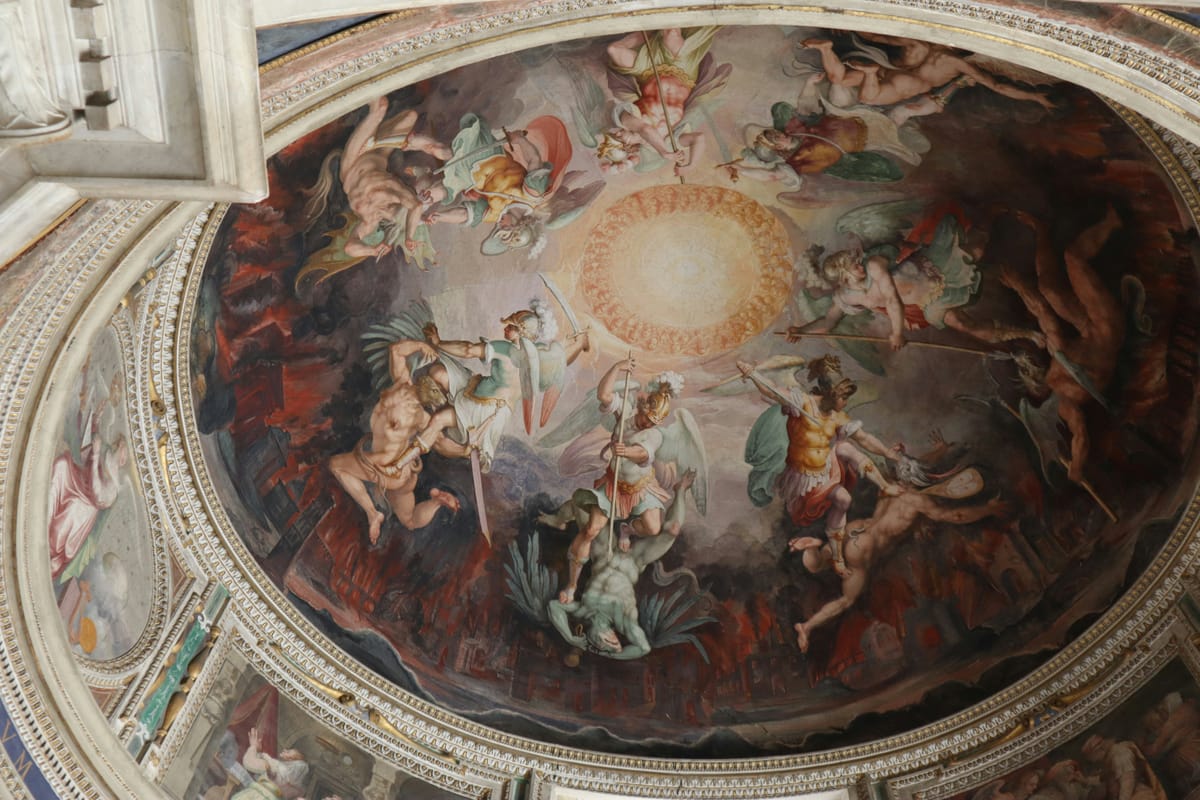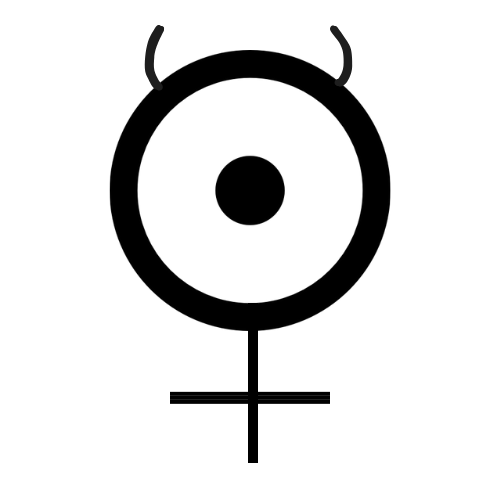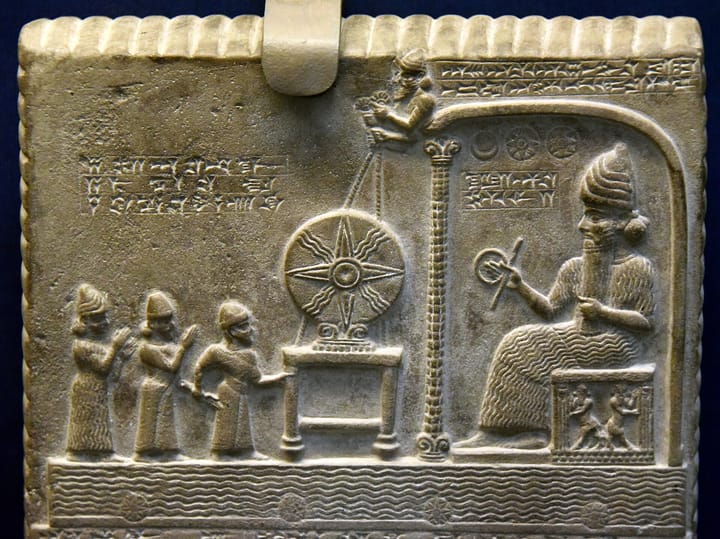De-Constructing Modern Binaries About Deities

As a person that exists in the liminal space of the gender binary, I generally reject all forms of spiritual binary. In our current context, these binaries are usually "good" versus "evil" or in pagan circles, "ouranic" versus "chthonic," "right hand" versus "left hand," and sometimes "solar" versus "lunar." Instead, in every topic up for debate or discussion, I prefer acknowledging ranges in order to recognize the nuances, complexities, and adaptabilities that make up the backbone of emotional existence. The question being: if we pulled ourselves out of the overall assumption of "light" versus "dark" that all of the previously mentioned binaries subscribe to, by what definition of range can we view our deities and pantheons?
Many people do not have experiences with spirits where they can sense their presence, fully or at all. Of those of us who do have sensory perceptions, we often discover an aloofness in our deities. To an extent, this is always going to occur due to the human experience being very different from all incorporeal spirits by virtue of having a body. However, to my delight, I have recently discovered how some beings often defined as "chthonic" or "left hand" in many occult circles in actuality have distinctly intimate natures that have little to do with morality.
I am, of course, once again talking about my current favorite topic: restorative demonology.
The quote above was the first time in my research that I saw a direct connection in my relationships with the the three chiefs of the Grimoirium Verum, who were originally Near Eastern deities. In fact, among the first requests Astaroth ever made of me was to have weekly check ins with her so that we could establish a strong foundation for our relationship. During these check ins, we mostly talk about my life and its mundane details. In our most recent, our discussions included:
- Me showing her the new cap I got on my molar because she had previously insisted that I get the dental work taken care of as soon as possible
- My passing along a friend's request for aid in their career
- My expressing anxiety about my upcoming move to the Pacific Northwest and her encouraging me to re-orient my internal narrative from clinging to my current city to looking forward to establishing a new life
- Us discussing where she wanted me to place her shrine in my new apartment, among other spiritual details
Looking at this, you can see that there are a number of concerns I bring that she equally addresses with either encouragement or advice. (This on its own is humbling as I often see my life has having little interest or import to others.) I want to emphasize that despite having good relationships with other deities in the the past, I have never experienced this level of immediate attention. With previous relationships, neither further suggestions for what I may desire were offered while I was formulating requests nor did a deity ever insist I change a timeline or take a course of action for myself. To this point, I even occasionally refer to Astaroth both directly and to others who ask of her as "Aunt Astaroth" because she fulfills care and responsibilities that I am lacking from my own family.
Lucifer, who is known for his very immediate accessibility to his devotees, does much the same for me though from the perspective of a partner. There are many kinds of visionary conversations you can have with The Devil, as you may suspect (I encourage you to try and see for yourself!), and among those I have had with Lucifer reveal his particularly strong ethos. To that point:
- He has directly stated to me that he views his role in the universe as "showing humanity that there is another way"
- Within that, as The Devil and the emperor of riches in the goetic grimoire tradition (two things that are very much related in the Medieval European Christian mind), he has witnessed how poverty and financial struggle negatively impact the human experience and truly desires for humans to be more materially comfortable than they are now
My relationships with these two suggest of a very different type of divinity that is present in some traditions. For instance, one of the gods' defining features in Buddhism is their enjoyment of heaven so much that they are completely disconnected from the suffering occurring in other parts of the universe. Lucifer and Astaroth not only show keen understanding of consequence to my suffering, they also have expressed concern and sensitivity toward the goetic grimoires' lesser spirits, who endure much abuse and disdain from human conjurers. Relatedly: Lucifer has taken on the work of helping me curb behavioral habits of mine that unintentionally lead to causing conflict with other people.
To that end, this range of distance you may experience from different deities is applicable to what you feel you need in your divine relationships. Individuals like Lucifer and Astaroth are able to sit with you in your struggles as they are in closer proximity to suffering in general. Whereas with other deities, you may gain equally helpful and compassionate aid, but find the dynamic more particular or hands off. I hope this blog post highlights the value of the types of relationships you can have from entities that are often given the short end of the stick in binary conceptions of the divine.



